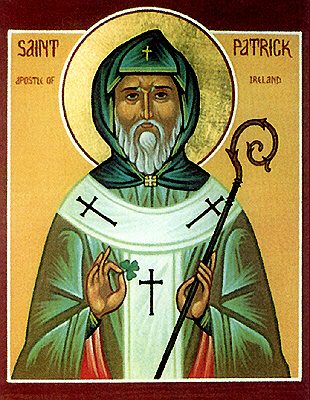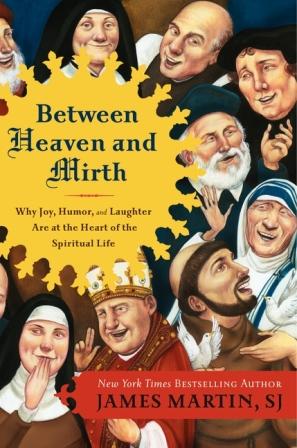I came across this great reflection on the powerful imagery of the Christmas classic A Charlie Brown Christmas:
"I have watched the holiday Peanuts special for years, but recently I heard a professor comment on the beauty of the gospel as presented in A Charlie Brown Christmas. In this particular special Linus—frustrated with his friends’ attitudes and actions—has a rant about “what Christmas is all about.” This rant consists of some shaming and correcting, but garnishes most of its content from Luke 2:8-14.
 As Linus preaches this message of the birth of Jesus Christ the savior and Messiah, something amazing happens visually. He drops his blanket. The object he clings to for security, assurance, identity, and hope falls to the ground as he proclaims the birth of Jesus. Intentional or not, it is a enormously significant visual. It shows that an understanding of the gospel strips away the need for any other objects of hope because there is but one true hope, one true security, and that is faith in the one true Savior. Yet, as soon as he is done reciting Luke, he picks the blanket up again. Linus is like many of us. Unable to completely affix his eyes on Christ and terrified of the requirements and actions of true faith, he opts for the thing that gives him hope, security, and salvation without a price. We may think this a silly comparison—a cartoon boy inseparable from his blanket—but the truth remains that our wallets, no matter how full, will not save us. Our social networks and iPhones, no matter how many friends they list, won’t save us. All that will is the understanding that God hanged on a cross to free us from sin and give us new life. A new life necessitates a new way to see life. We make silly mistakes and poor trades when our worldviews breakdown. We trade investment in TV heroes for investment in God, we trade the security of the cross for the instability of a boyfriend or girlfriend. Our worldviews will never been perfect, but they can be reformed."
As Linus preaches this message of the birth of Jesus Christ the savior and Messiah, something amazing happens visually. He drops his blanket. The object he clings to for security, assurance, identity, and hope falls to the ground as he proclaims the birth of Jesus. Intentional or not, it is a enormously significant visual. It shows that an understanding of the gospel strips away the need for any other objects of hope because there is but one true hope, one true security, and that is faith in the one true Savior. Yet, as soon as he is done reciting Luke, he picks the blanket up again. Linus is like many of us. Unable to completely affix his eyes on Christ and terrified of the requirements and actions of true faith, he opts for the thing that gives him hope, security, and salvation without a price. We may think this a silly comparison—a cartoon boy inseparable from his blanket—but the truth remains that our wallets, no matter how full, will not save us. Our social networks and iPhones, no matter how many friends they list, won’t save us. All that will is the understanding that God hanged on a cross to free us from sin and give us new life. A new life necessitates a new way to see life. We make silly mistakes and poor trades when our worldviews breakdown. We trade investment in TV heroes for investment in God, we trade the security of the cross for the instability of a boyfriend or girlfriend. Our worldviews will never been perfect, but they can be reformed."








